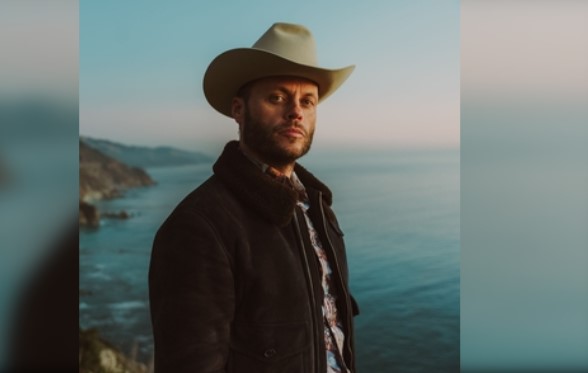Beneath the ever-watchful “Eye of Sauron,” we often feel scrutinized—exposed for every flaw. Everyone carries imperfections, but that’s also where mystery lives. One speaker shares a compelling connection to a tiny pendant shaped like a bird—something they picked up unknowingly over a decade ago. At first, they simply thought it looked native, but later discovered it symbolized Horus, the ancient Egyptian god associated with protection, healing, and safe passage. The eye of Horus, they learned, wasn’t just a spiritual icon—it was closely tied to something more scientific: the pineal gland.
The pineal gland, hidden deep within the human brain, is sometimes called the “third eye.” In reptiles, it even contains a retina and lens, showing its evolutionary significance. Many researchers now believe it produces DMT (dimethyltryptamine)—a compound known for deeply spiritual psychedelic experiences. Intriguingly, ancient Egyptian imagery of the eye of Horus closely mirrors cross-sections of the pineal gland. Could this civilization, so long ago, have understood something we’re only beginning to rediscover?
Much of Egypt’s wisdom is shrouded in mystery. We still can’t explain how the Great Pyramids were built with such precision—2.3 million stones placed with mathematical accuracy, aligned with the stars of Orion. Many archaeologists now suspect Egypt’s monuments may be far older than the accepted 4,500 years, possibly dating back over 30,000 years, hinting at a lost civilization or knowledge system we’ve long forgotten. Some even suggest the remnants of Atlantis may lie beneath the Saharan sands, supported by discoveries of whale bones in what was once a lush rainforest.
The speaker ties these ideas into a larger, philosophical question: have we done this before? Have advanced civilizations existed, only to fall, erased by war, natural disaster, or even their own technologies? As we stand on the verge of becoming a Type I Civilization—one capable of harnessing all the energy on Earth—the choices we make now could decide whether we thrive or repeat the forgotten mistakes of the past. From AI’s potential to guide us, to possible alien watchers ensuring we don’t destroy ourselves, we’re closer to the edge of a new dawn than we realize.
In the end, this isn’t just about ancient Egypt. It’s about us—our memory, our evolution, and our readiness to step into the future without forgetting the wisdom buried deep in our past.

